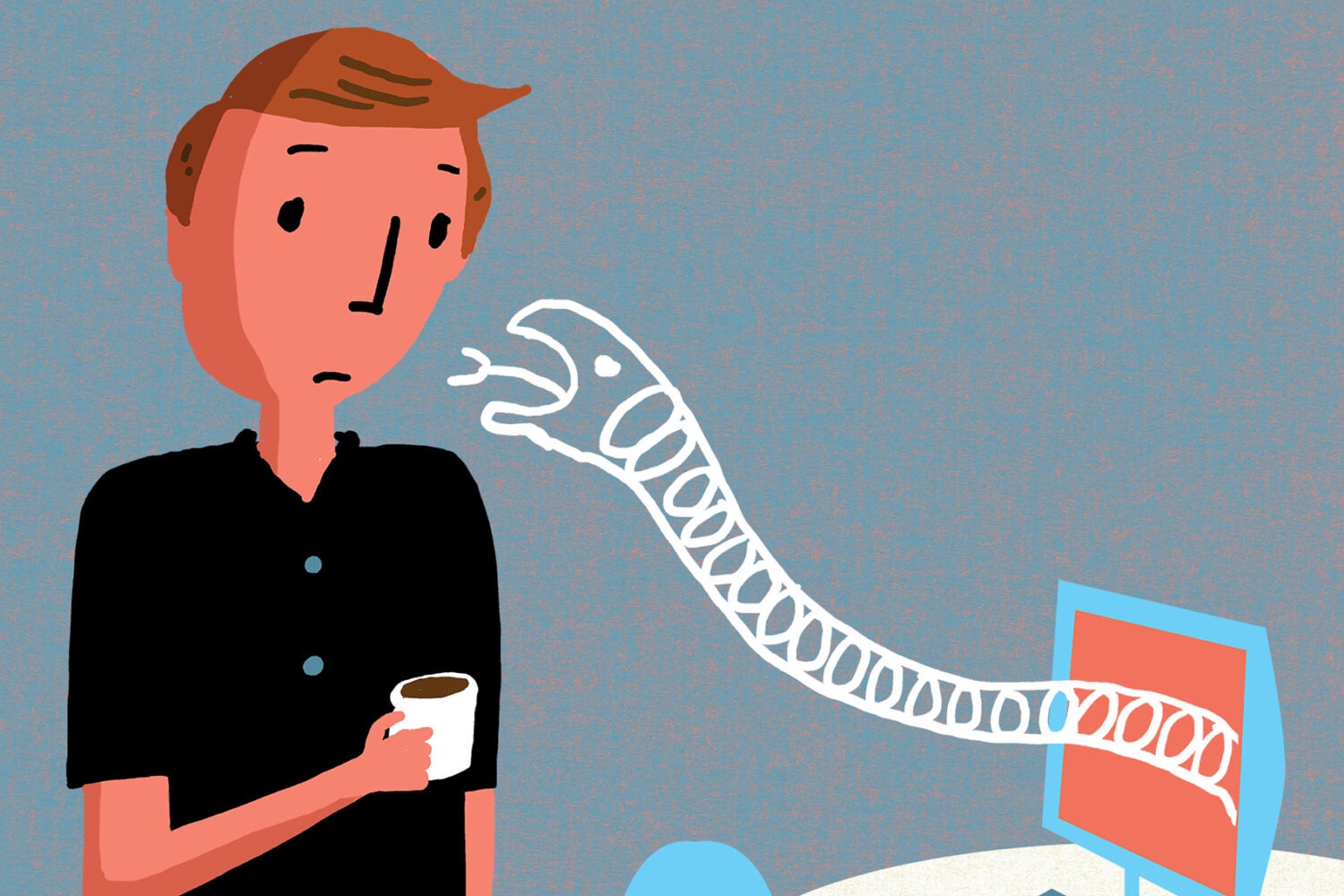“Algorithmic Harm: Protecting People in the Age of Artificial Intelligence,” by Oren Bar-Gill LL.M. ’01 S.J.D. ’05 and Cass R. Sunstein ’78
(Oxford University Press)
When artificial-intelligence algorithms are used to maximize profits, consumers may suffer great losses, write University Professor Cass Sunstein and Oren Bar-Gill, professor at New York University School of Law: “If an algorithm can exploit behavioral biases, it will essentially take people’s money and engage in what might be seen as a form of theft.” The authors outline different ways algorithms can cause harm, including by offering different pricing based on consumer behavior and sophistication, targeting vulnerable consumers, discriminating based on race or sex, and providing misleading or false information. While they focus on consumer markets, they also address potential harm in the political and labor markets. To reduce risks, they recommend requiring disclosure and transparency as well as enacting laws to prevent discrimination.
“Who Am I to Judge? Judicial Craft Versus Constitutional Theory,” by Mark Tushnet
(Yale University Press)
In recent years, Supreme Court justices and legal scholars have focused on using constitutional theory, most prominently originalism, to decide cases, writes Professor EmeritusMark Tushnet. But he argues that good judgment, bolstered by qualities such as intellectual curiosity and wide experience, should trump any theory about how to interpret the Constitution. He offers a historical examination of the characteristics associated with great justices and analyzes decisions from the 1930s, a time when justices generally did not ground their decisions in a particular theory of constitutional interpretation. Tushnet also explains different constitutional theories, concluding that there is no “right” theory of interpretation and that indeed having any theory has almost nothing to do with whether someone will become a great justice.

“Wired Wisdom: How to Age Better Online,”
by Eszter Hargittai and John Palfrey ’01
(University of Chicago Press)
Visiting Professor John Palfrey, who previously served as executive director of the Berkman Klein Center for Internet & Society, and Eszter Hargittai, professor at the University of Zurich, delve into the best ways for people age 60 and older to benefit from new technologies and avoid their downsides. B Wased on their own and others’ research as well as a survey they devised, the book finds that older adults are often more capable with technology than is commonly believed and that making connections online offers them substantial social and educational benefits. The authors also cover issues such as safety and security, privacy, and misinformation. Successful aging with technology, they write, depends on having the skills to navigate the digital world, which support from peers and younger people can help facilitate.
